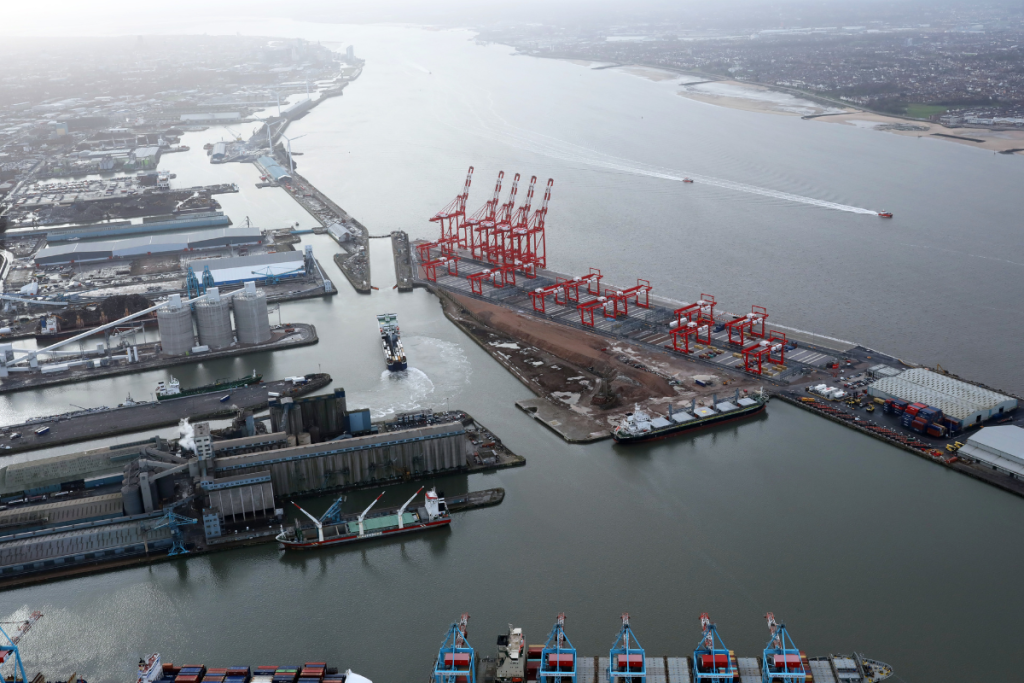Liverpool City Council plans to transfer its cruise terminal operations to a private company, citing unsustainable financial conditions.
The terminal, a key part of Liverpool’s regeneration, hasn’t been profitable recently.
Liverpool City Council is set to relinquish ownership of the city’s cruise terminal, citing its unsustainable financial model. Established in 2006, the Liverpool Cruise Liner Berth was a significant element of the city’s regeneration efforts, made possible with support from the European Regional Development Fund and the Northwest Development Agency.
The terminal witnessed a prolific rise in activity, escalating from a mere three cruise calls in 2007 to an impressive 114 calls in 2023. This growth, however, has not mitigated the significant financial strain experienced by the council, with annual losses ranging from £300,000 to £700,000. This financial predicament has motivated the council’s decision to transfer operations.
Despite generating what Liverpool City Council describes as ‘healthy’ income from berthing fees, the terminal has been unable to cover its high and uncontrollable costs. The persistent financial shortfall poses a substantial burden on the city’s resources.
It is anticipated that the Mersey Docks and Harbour Company will be considered for taking over the terminal. The council believes this transfer could leverage the expertise and resources of the private sector.
The decision comes in the wake of similar developments, such as Hull’s plans to establish a new cruise terminal.
In Hull, the local council has approved regeneration plans that promise substantial economic benefits for the region.
These comparative developments highlight a broader trend of seeking private investment to address financial constraints faced by municipal authorities in managing cruise facilities.
By transferring the terminal, Liverpool City Council aims to mitigate its financial burden while ensuring operational efficiency and growth.
The strategic handover is projected to fortify Liverpool’s position in the cruise industry, potentially attracting more cruise lines and increasing port activity.
Looking ahead, the council is optimistic about the terminal’s future under private management, expecting an infusion of investment and innovation.
The involvement of a specialist maritime operator such as the Mersey Docks and Harbour Company could provide the necessary impetus for expansion and modernisation.
Furthermore, this move aligns with global maritime industry trends, where public-private partnerships are increasingly seen as viable solutions for infrastructure management.
In transferring the cruise terminal to private management, Liverpool City Council seeks to ensure the facility’s sustainability and future growth.
This strategic decision is anticipated to bolster Liverpool’s standing in the competitive cruise market, ultimately serving the city’s long-term economic interests.
The council’s decision to privatise the terminal reflects a strategic choice to ensure economic viability.
This transition is expected to enhance operational growth and sustainability.

